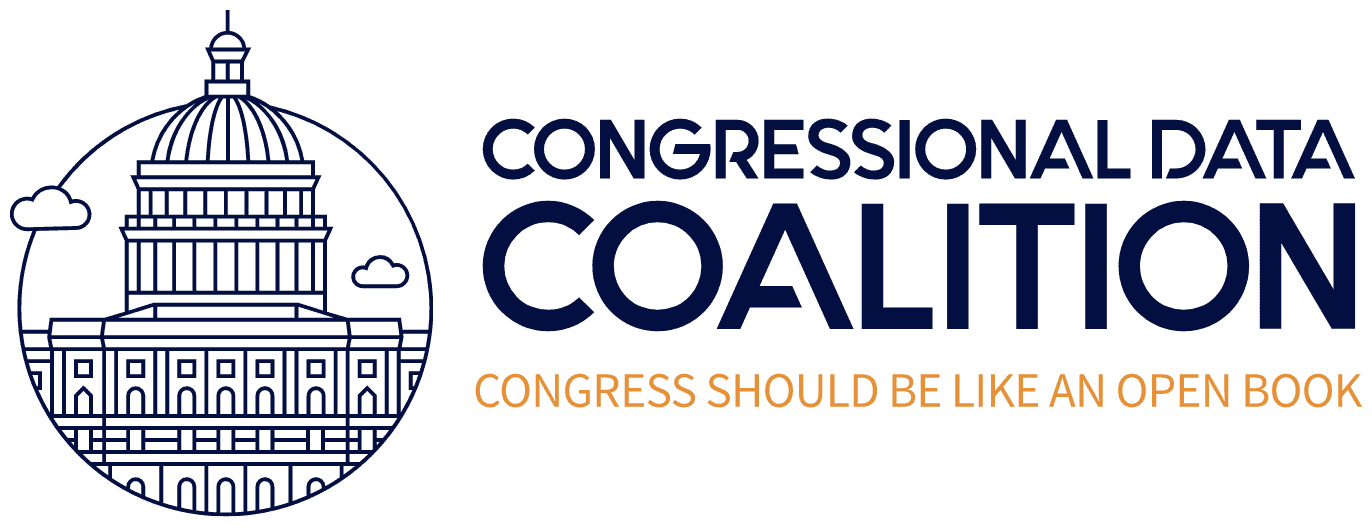Feb. 8, 2009 began like any other Sunday for me. I was up early taking care of a young child, gulping coffee and scanning the news. The New York Times turned my stomach with its report that a Polish engineer had been beheaded by the Taliban. The Grey Lady also gleefully described the tribulations of Republican Party Chairman Michael Steele. A happier bit of news came fromThe Washington Post. Its sports section reminded me that my Cleveland Cavs were playing the Los Angeles Lakers on television at 3:30 that afternoon.
At some point that morning, I managed to get online. (I did not have a smartphone back then.) The Internet was abuzz with speculation about the 51st Grammy Awards, which were that night. (Robert Plant and Alison Krauss would fare well.) And there sat an email from a colleague of mine at the Congressional Research Service, asking if I had heard that WikiLeaks had published a trove of our reports.
I hadn’t.
Julian Assange’s outfit announced its work online with relish:
Change you can download. WikiLeaks has released nearly a billion dollars worth of quasi-secret reports commissioned by the United States Congress. The 6,780 reports, current as of this month, comprise over 127,000 pages of material on some of the most contentious issues in the nation, from the U.S. relationship with Israel to the financial collapse. Nearly 2,300 of the reports were updated in the last 12 months, while the oldest report goes back to 1990. The release represents the total output of the Congressional Research Service (CRS) electronically available to Congressional offices. The CRS is Congress’s analytical agency and has a budget in excess of $100M per year.
My stomach fell, and various thoughts ran through my mind. What would happen at the office? Were my reports in the trove? (Answer: yes.) My email address and 5-digit phone extension were on our reports. Would lobbyists and angry members of the public start contacting us to complain about our work?
That week at the office, I and many other CRS employees jabbered anxiously in the hallways and over coffee about how this could have happened and what it meant for the agency.
As it happened, the WikiLeaks massive report dump had no effect on us. In my succeeding six years at the agency not once did I hear any employee report any harm had resulted. The reason was not difficult to discern: many, if not most, of the CRS reports already had been put online by the Federation of American Scientists and various agencies of the U.S. government itself. Lobbyists and other hyperpolitical sorts inclined to pressure CRS already had our reports, often acquired via pricy subscription services.
This bit of history is important to keep in mind as Congress considers legislation to expand public access to CRS reports. There are individuals on Capitol Hill who claim bad things will happen if this commonsensical reform is enacted. The WikiLeaks report dump demonstrates that posting CRS reports to a central public repository (like GPO.gov) will do no harm to either CRS or its employees.
Today, more than 27,000 copies of CRS reports are scattered about the Internet. The average citizen, however, does not know where to look for them or what keywords will bring them up in Google. (Compare this search versus this search.) It’s way past time for Congress to give the public some value for the $100 million it spends on CRS each year.
